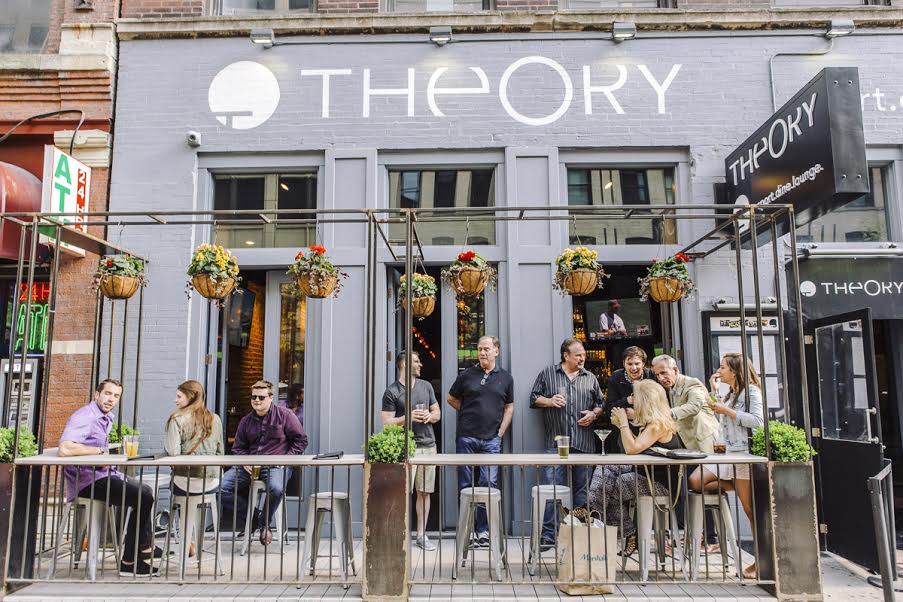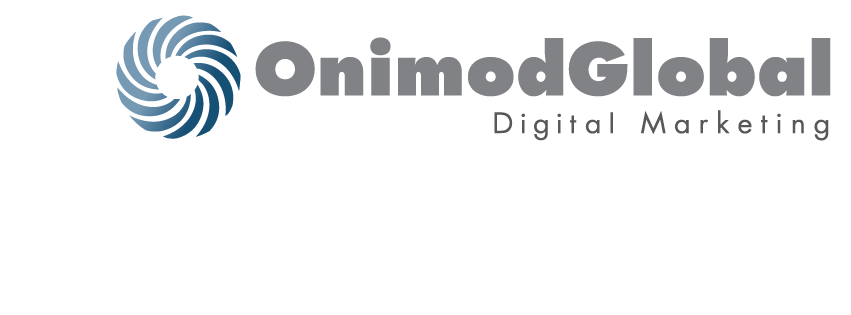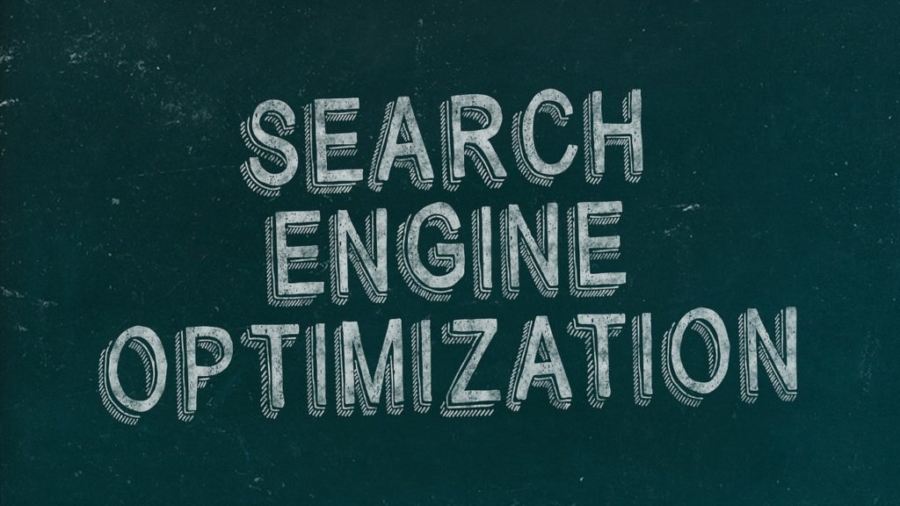Vipply is the world’s leading manufacturer of high quality LED light shelves and light shelf tiers. Adding LED light shelves is not only a decorative upgrade to any bar or restaurant, but they have been proven to
- Home
- SEO
This article is written for those trying to gain a deeper understanding of who we are and what we do. Onimod Global is a Chicago based Digital Marketing & Consulting firm that strives to work with your
There are plenty of articles out there claiming to have some sort of quick fix or tip to exponentially boost your AdWords campaigns. In certain case studies these hints may have actually been incredibly successful, but that
[fusion_builder_container hundred_percent="no" equal_height_columns="no" hide_on_mobile="small-visibility,medium-visibility,large-visibility" background_position="center center" background_repeat="no-repeat" fade="no" background_parallax="none" parallax_speed="0.3" video_aspect_ratio="16:9" video_loop="yes" video_mute="yes" overlay_opacity="0.5" border_style="solid"][fusion_builder_row][fusion_builder_column type="1_1" layout="1_1" background_position="left top" background_color="" border_size="" border_color="" border_style="solid" border_position="all" spacing="yes" background_image="" background_repeat="no-repeat" padding="" margin_top="0px" margin_bottom="0px" class="" id="" animation_type="" animation_speed="0.3" animation_direction="left" hide_on_mobile="small-visibility,medium-visibility,large-visibility" center_content="no"
A blog can be a major investment, but the SEO benefits can make it worth the effort. (more…)
This 11-plus-minute video by Google's Maile Ohye explains what questions to ask and what to look for during that hiring process of an SEO consulting firm, including useful insights, red flags and more. (more…)
I’m so tired of hearing various pundits say that SEO is dead. Maybe they are merely being provocative. Perhaps they need to fill seats in their event, and so they come up with “bait” session titles like















